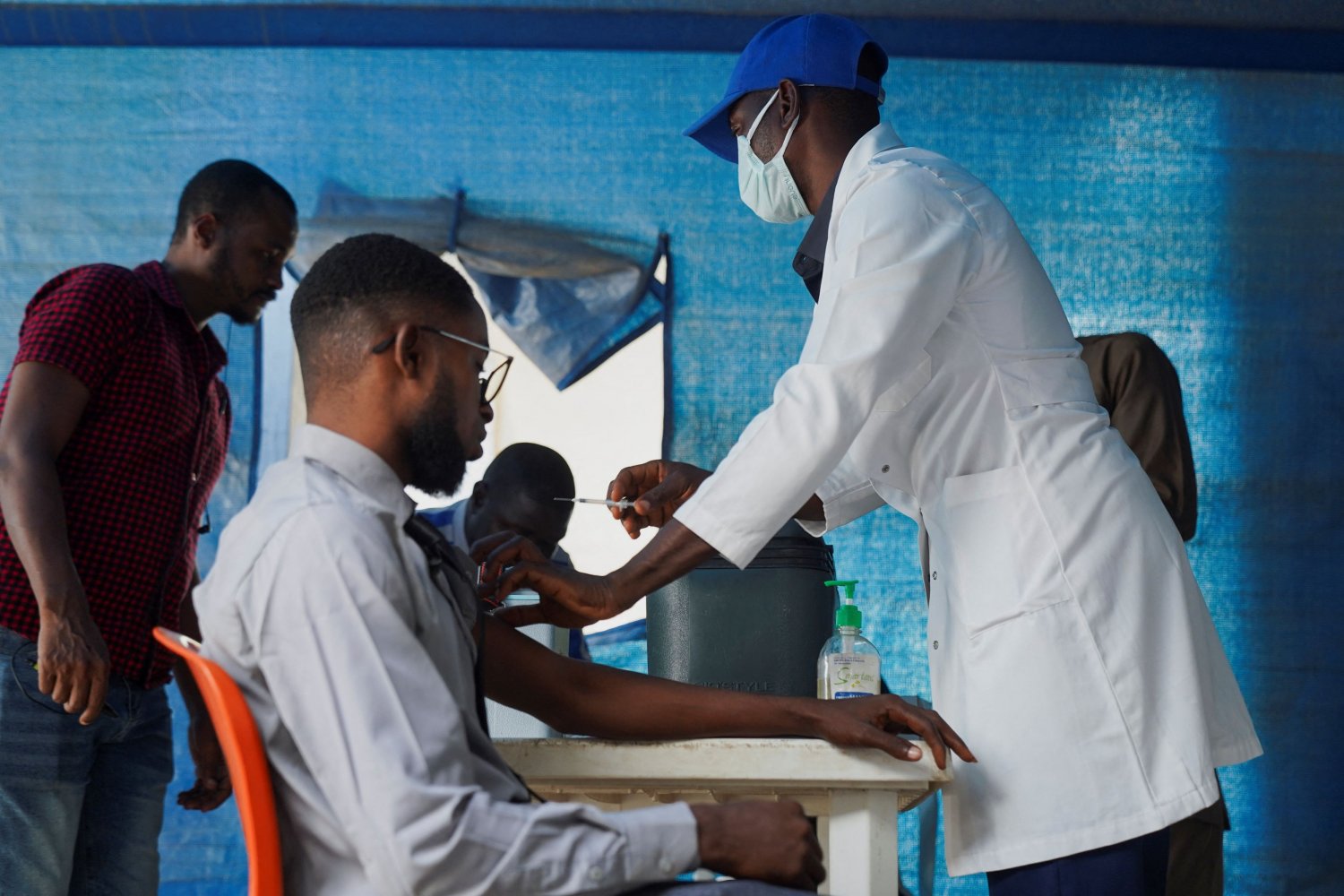Table of Contents
SYRIZA – Progressive Alliance refers to the pre-trial detention of Nikos Romanos in a statement it issued.
As SYRIZA – PS emphasizes, “Justice and the rule of law, the presumption of innocence and other procedural guarantees are – and should be – for everyone”. He goes on to say that “and when we say ‘for all’, we mean ‘equally for all'”.
According to Koumoundourou, “our Republic does not act based on the profile of “friends or enemies”. This is why the pre-trial detention of N. Romanou, as it has specific conditions in the law”.
SYRIZA – PS underlines that “the indications of guilt, the suspicion of absconding or the risk of committing a new crime must be based on solid evidence and not on the profile of the accused. Were all these observed? Old police practices of the “usual suspect” type are not appropriate in a modern rule of law.”
“The Mitsotakis government would do well to stay away, leaving the judiciary free”
He adds that “the demand for a fair trial, without discount, concerns every person and every stage of the criminal process. The country, once again, is giving an equivalency exam.”
Finally, SYRIZA – PS points out that “the Mitsotakis government would do well to stay away, leaving the judiciary free. The resolution of the internal problems of the ND does not go through the investigative offices. The functioning of the institutions requires the respect of all political forces, but primarily the executive power”.
Nikos Romanos was remanded in custody
It is recalled that Nikos Romanos was sent to prison after his confession with the agreement of the investigator and the prosecutor. It is noted that he was arrested for a print on a plastic bag found in the Ampelokipi apartment where the explosion recently took place.
Tension prevailed in the courts after the decision.
In his apologetic memorandum, N. Romanos denied all criminal acts that brought him back to court.
#SYRIZA #Romanos #approach #befit #modern #rule #law

How does the Nikos Romanos case, and the surrounding political debate, reflect broader anxieties about the balance of power between the executive branch and the judiciary in Greece?
## Interview: The Nikos Romanos Case and the Justice System
**Guests:**
1. **Dr. Konstantine Dimitriou:** Constitutional Law Professor at the National and Kapodistrian University of Athens
2. **Ms. Eleni Papadaki:** Former Prosecutor and Legal Analyst
**Host:** Welcome to World Today News. Today we’re discussing the pre-trial detention of Nikos Romanos and the response from SYRIZA – Progressive Alliance.
Joining us are Dr. Konstantine Dimitriou, a prominent Constitutional Law Professor, and Ms. Eleni Papadaki, a former prosecutor with extensive experience in the Greek justice system.
**(Opening Section: Framing the Debate)**
**Host:** TheSYRIZA – Progressive Alliance has issued a strong statement regarding the pre-trial detention of Nikos Romanos, emphasizing the principles of justice, the presumption of innocence, and equal treatment under the law. Ms. Papadaki, from your perspective as a former prosecutor, how do you assess the stance taken by SYRIZA?
**Host:** Dr. Dimitriou, how do you interpret SYRIZA’s concerns about “old police practices” and the notion of “usual suspects”? Does this raise broader questions about potential biases within the Greek justice system?
**(Section 2: Pre-trial Detention and Procedural Fairness)**
**Host:** The article mentions that Mr. Romanos was remanded in custody after his confession. Dr. Dimitriou, could you elaborate on the legal considerations surrounding pre-trial detention in Greece? What factors are typically taken into account by the judiciary when making such a decision?
**Host:** Ms. Papadaki, SYRIZA argues that “indications of guilt, the suspicion of absconding, or the risk of committing a new crime must be based on solid evidence.” What is the standard of proof required for pre-trial detention in such cases?
**(Section 3: Political Interference and Judicial Independence)**
**Host:** SYRIZA calls on the Mitsotakis government to “stay away, leaving the judiciary free”. Dr. Dimitriou, how significant is the concern about potential political interference in the judicial process? What safeguards exist to ensure judicial independence in Greece?
**Host:** Ms. Papadaki, what are your thoughts on SYRIZA’s suggestion that the government’s internal problems should not be resolved through investigative offices?
**(Section 4: Broader Societal Implications)**
**Host:** This case has sparked considerable public debate and tension. Dr. Dimitriou, what are the broader societal implications of this case and how it is being handled?
**Host:**Ms. Papadaki, how do you see this case impacting public trust in the justice system?
**(Closing)**
**Host:** We’ve had a very insightful discussion today. Thank you, Dr. Dimitriou and Ms. Papadaki, for sharing your expert perspectives on this complex issue.
The Nikos Romanos case continues to unfold, and it will undoubtedly continue to generate strong reactions and discussions about the principles of justice, due process, and the role of political forces in the Greek justice system.
**(Note: This structure provides a starting point. Feel free to adjust the questions and add further probing inquiries to encourage a deeper and more nuanced discussion.)**
